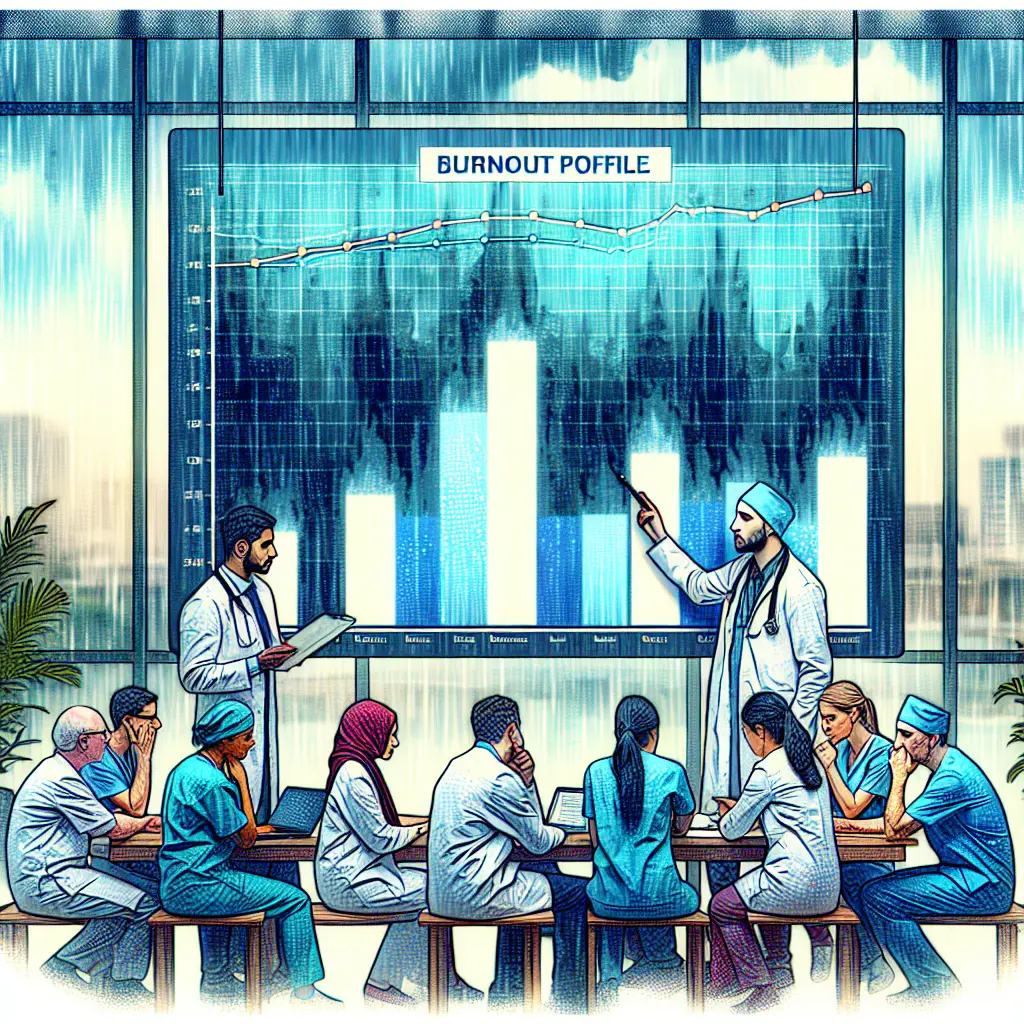
Burnout in Healthcare: Understanding the Silent Struggle Among Hospital Doctors
Burnout is an insidious adversary, quietly impacting the mental health and performance of professionals across various fields, especially those in healthcare. The recent study on burnout among hospital doctors in Ireland sheds light on this pressing issue, revealing critical insights into how chronic workplace stress manifests in this demanding profession.
What is Burnout?
Burnout is characterized by three main components:
- Emotional Exhaustion (EE): Feeling overextended and depleted of emotional resources.
- Depersonalization (DP): Developing a cynical attitude towards patients and colleagues.
- Reduced Personal Accomplishment (PA): Feeling ineffective and lacking achievement in one's work.
These symptoms can severely affect healthcare providers' ability to deliver quality care, leading to adverse outcomes for both practitioners and patients.
Key Findings from the Study
The research involving 1,610 hospital doctors in Ireland provides an in-depth look into the burnout profiles of medical professionals. Here are some significant observations:
- Prevalence of Burnout: A substantial percentage of participating doctors displayed symptoms of burnout. This prevalence underscores the urgent need for interventions to address mental health in the medical field.
- Variability in Symptoms: The study found variability in how burnout manifests among doctors, suggesting that a one-size-fits-all approach to tackling it might not be effective.
- Assessment Challenges: Variability in definitions and assessment methods poses challenges in accurately diagnosing and addressing burnout. This calls for standardized measures and practices to better identify and manage burnout.
Implications for Healthcare Systems
The implications of these findings are profound:
- Policy Revisions: Healthcare institutions must consider revising policies to create environments that reduce stressors contributing to burnout.
- Support Systems: Implementing robust support systems, such as counseling services and peer support networks, can help mitigate the effects of burnout.
- Training Programs: Regular training and workshops can equip healthcare providers with strategies to manage stress and maintain mental wellness.
Addressing Burnout: A Call to Action
Healthcare organizations must prioritize mental health and wellness, recognizing burnout as a critical issue that requires immediate attention. By fostering supportive work environments and implementing targeted interventions, we can enhance the well-being of our healthcare professionals.
In conclusion, burnout is a significant barrier to optimal healthcare delivery, with far-reaching implications for doctors and patients alike. As we strive for improvements in healthcare systems worldwide, understanding and addressing burnout must be at the forefront of our efforts.
For further insights into this study, you can access the full article here.
Let's champion mental health awareness in healthcare—because a healthy doctor means healthier patients.
Warm regards,
Marcus Caldwell